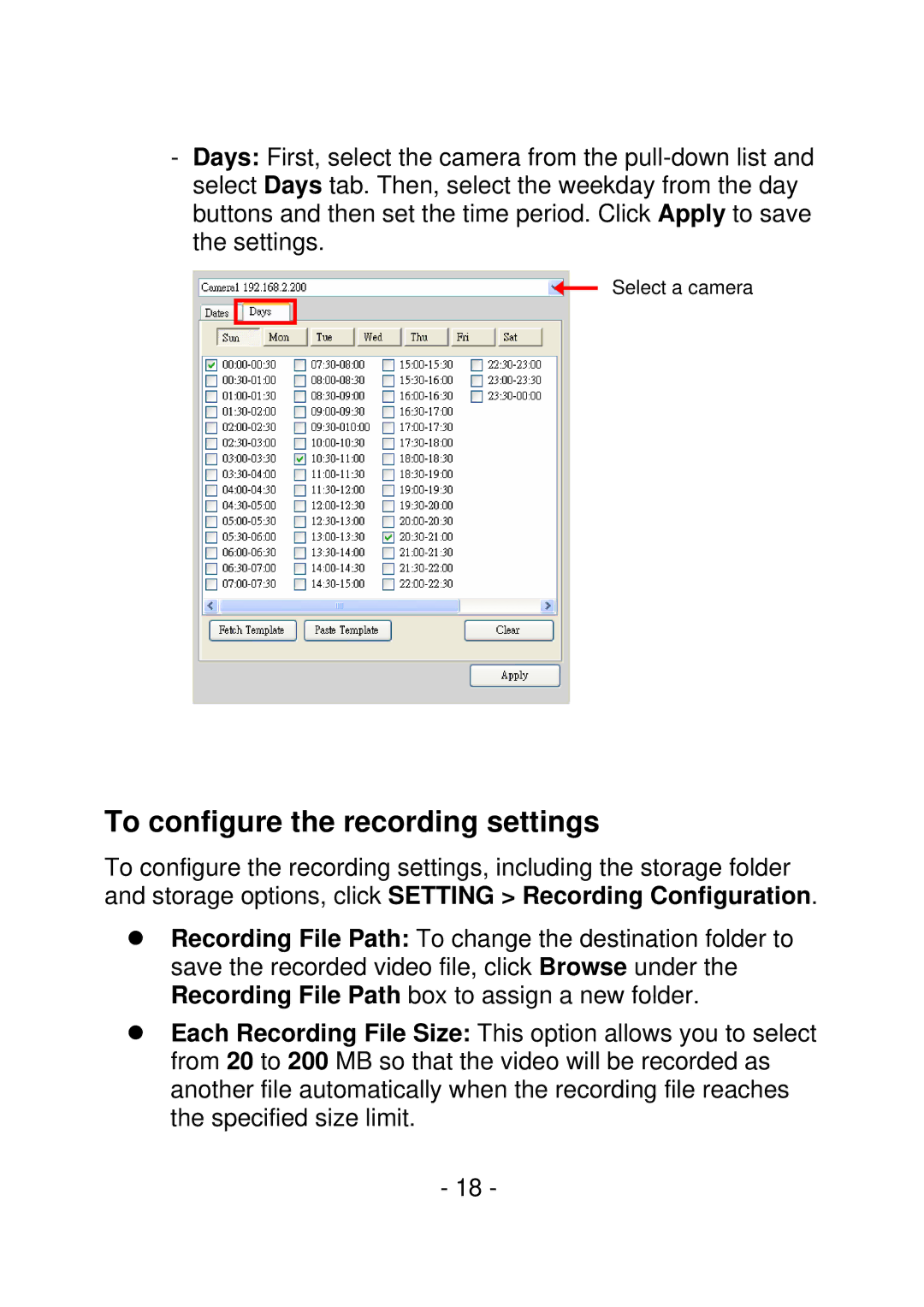M-JPEG specifications
Encore Electronic M-JPEG is a sophisticated video compression technology that leverages Motion JPEG (M-JPEG) to deliver high-quality video streams. Often utilized in surveillance systems, video conferencing, and digital broadcasting, Encore M-JPEG is known for its ability to provide a balance between image quality and compression efficiency, making it a popular choice for various applications.One of the main features of Encore M-JPEG is its ability to compress individual frames as separate JPEG images. Unlike other compression formats that may rely on inter-frame encoding, M-JPEG encodes each frame independently. This approach allows for higher quality images and simpler processing, as each frame can be decompressed without referring to other frames. This characteristic makes M-JPEG particularly adept at handling high-motion video scenes, where maintaining image fidelity is essential.
In terms of technology, Encore M-JPEG employs the JPEG image compression standard, which is well-established for still images. This standard compresses images by reducing spatial redundancy and utilizing techniques such as discrete cosine transform (DCT) to minimize file size while maintaining visual quality. As a result, Encore M-JPEG can achieve various compression ratios, allowing users to optimize their video quality and bandwidth usage based on their specific needs.
Another notable characteristic of Encore M-JPEG is its compatibility. The format is widely supported across different platforms and devices, ensuring that videos encoded in M-JPEG can be easily shared and viewed without requiring specialized software or complex codecs. This aspect is particularly advantageous for surveillance applications, where footage needs to be accessed across diverse systems.
Encore M-JPEG also supports various resolutions and frame rates, making it versatile for different environments. Whether it's capturing low-resolution video for remote monitoring or high-definition streams for detailed observation, the technology can adapt accordingly. Additionally, its low latency makes it suitable for real-time applications, such as video conferencing, where a quick response is critical.
To sum up, Encore Electronic M-JPEG stands out for its ability to deliver high-quality, low-latency video streams while being compatible with a wide range of platforms. Its features, including independent frame encoding and adaptability to different resolutions, contribute to its appeal in various digital video applications. As video technology continues to evolve, M-JPEG remains a reliable choice for maintaining image integrity and accessibility in video communication.

